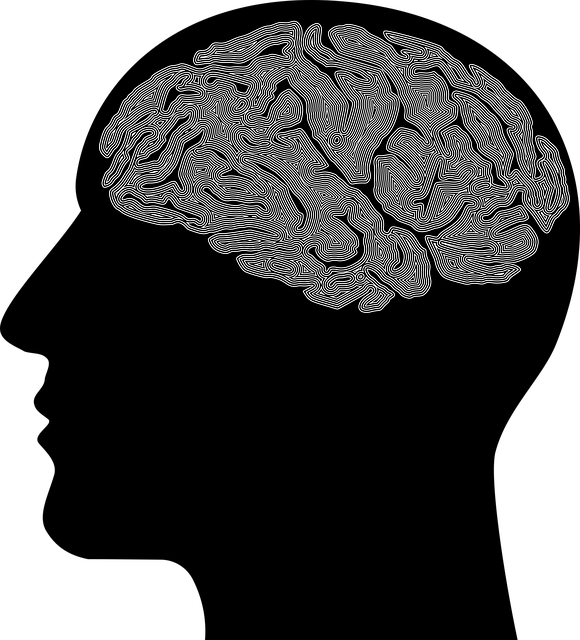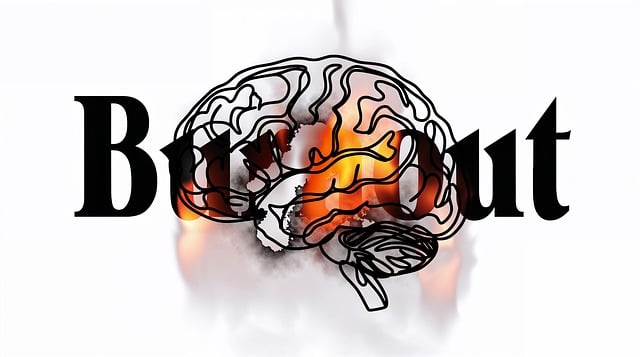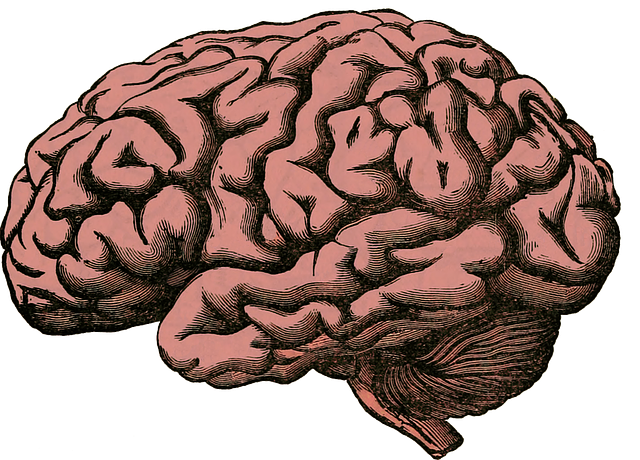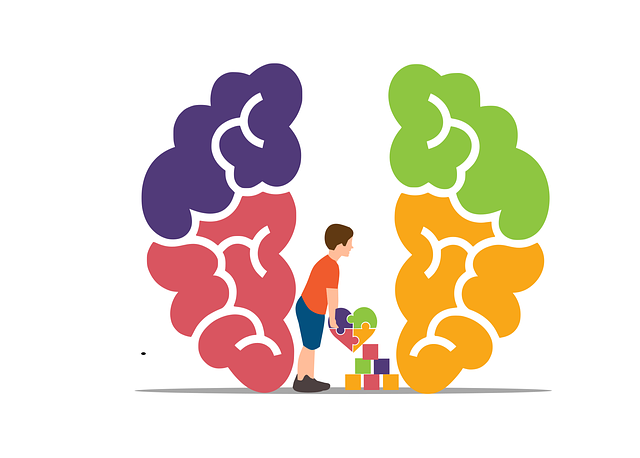Lakewood Abuse Survivors Therapy (LAST) provides a holistic mental wellness program for trauma survivors, combining individual therapy, group support, and community outreach. They utilize diverse assessment tools—including structured interviews, observations, and journaling—to measure improvements both statistically and qualitatively. LAST focuses on empowering survivors through personalized counseling, group therapy sessions, and open dialogue to foster healing, expression, and life reconstruction post-abuse, ensuring their programs remain effective and responsive to the unique needs of each individual.
Mental wellness program evaluations are crucial for gauging effectiveness and driving improvement. This article explores a comprehensive approach, focusing on the Lakewood Abuse Survivors Therapy (LAST) Program as a case study. We examine assessment tools tailored for mental wellness programs, delving into evaluation methods and metrics that transform data into actionable insights. By implementing a continuous improvement feedback loop, LAST enhances its support for survivors, ensuring services remain dynamic and responsive to their evolving needs.
- Understanding Lakewood Abuse Survivors Therapy (LAST) Program
- Assessment Tools for Mental Wellness Programs
- Evaluation Methods and Metrics
- Continuous Improvement and Feedback Loop
Understanding Lakewood Abuse Survivors Therapy (LAST) Program

The Lakewood Abuse Survivors Therapy (LAST) Program stands as a beacon of hope and healing for individuals affected by trauma, specifically focusing on survivors of abuse. This therapeutic initiative is designed to provide comprehensive support and facilitate the development of inner strength among its participants. By employing evidence-based practices, LAST offers a safe space where individuals can navigate their emotional journeys, process traumatic experiences, and cultivate resilience.
The program’s effectiveness lies in its multi-faceted approach, combining individual therapy sessions with group support meetings. This blend ensures that survivors receive personalized attention while also benefitting from the strength found in shared experiences. LAST’s Community Outreach Program Implementation further expands its reach, making Trauma Support Services accessible to those who might otherwise face barriers to care. Through these initiatives, LAST strives to empower individuals to reclaim their lives and foster a sense of community among survivors.
Assessment Tools for Mental Wellness Programs

Evaluating mental wellness programs requires a robust toolkit to accurately assess their impact and effectiveness. Assessment tools play a pivotal role in understanding the success and areas for improvement within these initiatives, especially when catering to sensitive issues like trauma recovery, as seen in Lakewood Abuse Survivors Therapy (LAST) programs. These tools can range from standardized questionnaires and surveys to semi-structured interviews and observation methods.
The selection of assessment methods should align with the program’s goals, whether focusing on Depression Prevention or fostering overall Mental Health Awareness. For instance, LAST might employ both qualitative and quantitative assessments, such as structured interviews paired with journaling exercises for participants. This dual approach allows for a comprehensive evaluation, capturing not just statistical improvements but also personal narratives and subjective experiences, ensuring the program’s guidance is tailored to individual needs.
Evaluation Methods and Metrics

Continuous Improvement and Feedback Loop

At Lakewood Abuse Survivors Therapy (LAST), continuous improvement is woven into the very fabric of our mental wellness program evaluation methods. We believe that growth and learning are ongoing processes, essential for both our clients and therapists. Therefore, we’ve established a robust feedback loop that encourages open dialogue and reflection. This loop involves regular check-ins between clients and therapists, where progress is discussed, challenges identified, and tailored interventions suggested.
This dynamic approach mirrors the principles of positive thinking and conflict resolution techniques, fostering an environment where mental health professionals can refine their practices based on real-time insights from both parties. By integrating these strategies into our evaluation process, LAST ensures that our programs remain effective and responsive to the evolving needs of those seeking therapy.
The evaluation of mental wellness programs, such as the Lakewood Abuse Survivors Therapy (LAST) program, is a multifaceted process that includes assessment tools, metrics, and continuous improvement. By employing these methods, we can ensure that programs like LAST are effective in providing support to survivors. Utilizing specific evaluation techniques allows for tailored interventions and informed adjustments, ultimately enhancing the overall well-being of those seeking therapy. In conclusion, a robust evaluation framework is essential for optimizing mental health services and fostering positive outcomes for all participants.














